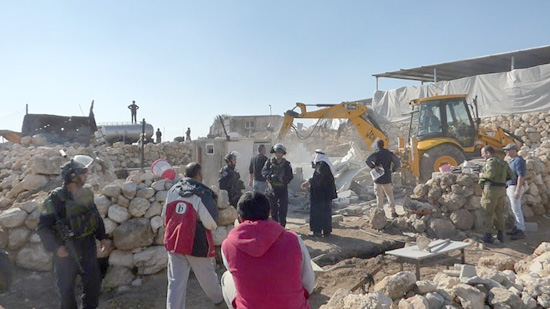Last month, as US border patrol agents began rounding up Central American women and children denied asylum, a small group of international peace activists from Voices for Creative Nonviolence boarded a plane for Helsinki, Finland, to visit two longtime Iraqi friends who fled Baghdad last summer and somehow completed a perilous seven-week journey over land and sea to reach this northern seaport. Negotiating our way from the airport in Helsinki to Laajasalo, a small island and suburb where we were to stay with a Finnish journalist, we crossed a frozen and snow-covered Baltic Sea, as white flakes swirled in the streetlights and the temperature dropped to minus-25 degrees Celsius, a long, long way from Baghdad.
Our friends Mohammad and his teenage son, Omar, come from a small farming village where they grow okra. Last autumn, like hundreds of thousands of others, they were part of the swollen river of refugees whose headwaters sprang from Syria, Iraq, and Afghanistan, where endless war has devastated society and local violence has left so many people at grave risk. The journey to Europe is not merely a long, exhausting trip. It is treacherous from the start.
To begin with, while leaving their country of origin, people risk their lives traveling through contested parts of their country or over roads controlled by militias or warlords known to capture and kill people of their ethnicity or religious sect. Risks, we can be sure, they wouldn’t undertake except out of desperation. All of this merely to enter Turkey. In Istanbul, where refugees must try to find a trustworthy smuggler, make a deal with one of his agents, and pay a hefty fee – held in a sort of escrow until a specific, agreed-upon part of the trip is completed – Turkish police patrol the streets and coffee houses looking for migrants. Iraqis are particularly at risk. If captured in Turkey and identified, they are imprisoned and eventually turned over to Iraqi authorities. And in the charged, sectarian atmosphere in Iraq, refugees shudder to think what might follow.




